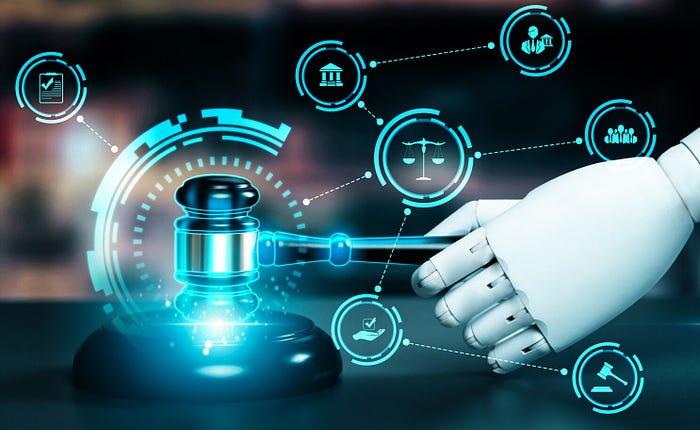Regulating AI: How Governments and Businesses Are Shaping Data Science Ethics
- Get link
- X
- Other Apps
Regulating AI: How Governments and Businesses Are Shaping Data Science Ethics
Introduction
Artificial intelligence (AI) is transforming industries, from finance to healthcare, but it also raises significant ethical concerns. Governments and businesses worldwide are stepping up to establish regulations and ethical frameworks to ensure responsible AI development. This article explores how these stakeholders are shaping data science ethics and what it means for the future.

The Role of Governments in AI Regulation
Governments are implementing policies to ensure AI aligns with ethical principles such as fairness, transparency, and accountability. Here are key initiatives:
1. AI Ethics Guidelines
Organizations like the European Commission have set AI ethics guidelines, emphasizing human-centric AI, transparency, and risk assessment.
2. Legislation and Compliance
Regulations like the EU’s AI Act and the U.S. AI Bill of Rights set clear rules for AI applications, requiring businesses to adopt responsible practices.
3. Data Privacy Protection
Laws such as GDPR and CCPA protect user data, requiring companies to adhere to strict data governance policies when deploying AI models.
How Businesses Are Adopting Ethical AI Practices
Companies are taking proactive measures to ensure AI models are ethical and unbiased.
1. Ethical AI Frameworks
Many corporations, including Google and Microsoft, have developed ethical AI principles focusing on fairness, accountability, and transparency.
2. Bias Detection and Mitigation
Businesses are investing in bias detection tools to identify and correct unintended discrimination in AI algorithms.
3. AI Governance Committees
Tech giants are establishing AI ethics committees to oversee AI development and implementation, ensuring responsible use.
The Future of AI Regulation and Ethics
The evolution of AI governance will continue with:
- Stricter AI regulations to prevent misuse.
- Industry-wide collaborations to set universal AI standards.
- Innovative compliance technologies to automate ethical AI monitoring.
FAQs
1. Why is AI regulation important?
AI regulation ensures that AI technologies are developed and used responsibly, preventing biases, data misuse, and unethical applications.
2. How do companies ensure ethical AI development?
Businesses follow AI ethics guidelines, use bias-detection tools, and establish governance committees to oversee AI applications.
3. What are some major AI regulations worldwide?
Key regulations include the EU AI Act, the U.S. AI Bill of Rights, and GDPR for data privacy.
4. How does AI impact data privacy?
AI processes vast amounts of data, raising privacy concerns. Regulations like GDPR ensure companies handle user data responsibly.
For more insights on AI and its impact on industries, visit our article on AI-Powered Drug Discovery: The Role of Data Science in Healthcare.
- Get link
- X
- Other Apps


Comments
Post a Comment